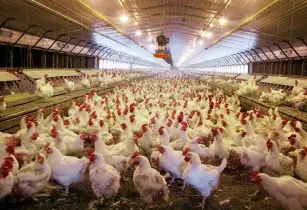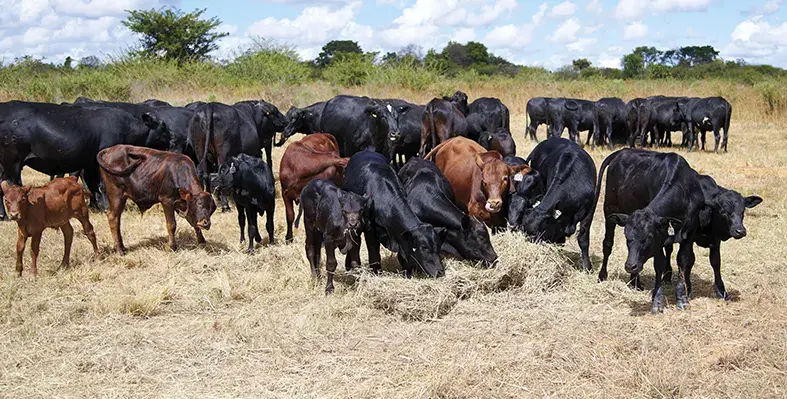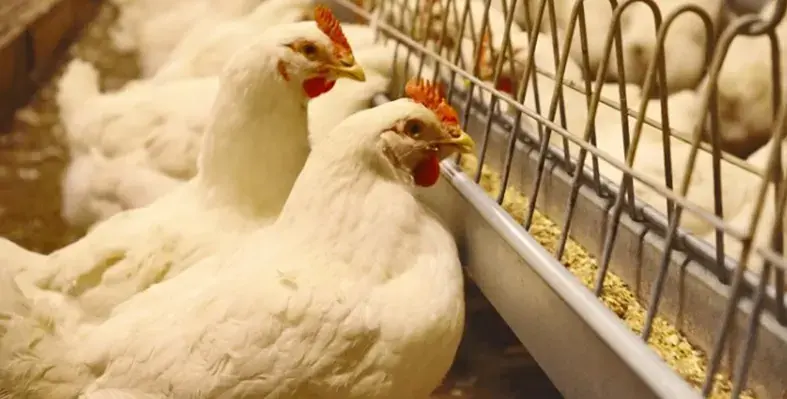
Two species namely Mycoplasma gallisepticum (MG) and Mycoplasma synoviae (MS) are pathogenic for chicken. (Image source: Adobe Stock)
Respiratory diseases in chickens are generally caused by a variety of bacteria belonging to the genus ‘Mycoplasma,’ that possess certain distinctive features that set them apart from typical bacteria
While a total of 20 Mycoplasma species have been isolated from avian hosts, according to the MSD Veterinary Manual, only four species are considered pathogenic in poultry. Out of these two particular species namely, Mycoplasma gallisepticum (MG) and Mycoplasma synoviae (MS) are pathogenic for chicken.
In broiler chickens, MG is a primary cause of chronic respiratory disease that can have detrimental impacts on both egg production and meat processing. The most notable impact includes a sharp drop in the number of eggs laid per hen over the production cycle. In case of large commercial operations, MG can cause increased condemnation in the processing plant. This means that a large number of carcasses may need to be discarded after being deemed unsafe for human consumption. Common symptoms of MG include coughing, sneezing and breathing difficulties, as well as the presence of nasal discharge and conjuctivitis with frothiness around the eyes. Severity may vary from mild to severe, with some cases occurring alongside E coli infections.
MS on the other hand, is transmitted through the egg and often causes subclinical infection of the upper respiratory tract. Infection rate is reported to be low, with some progeny even being free of infection. The infection affects layer flocks of various age groups, resulting in a decrease in egg production and significant abnormalities in egg shells. First signs of MS, also known as infectious synovitis include discolouration of head parts and difficulties in walking, mainly due to the occurrence of inflammation in their hocks and footpads. Morbidity of the disease is considered moderate, with the overall mortality rate ranging from 1-10%.
Controlling both MG and MS involves administering antibiotics. Treatment options for MG involves using tylosin or tetracyclines to reduce egg transmission. For MS, a live, temperature-sensitive vaccine (MS-H) is available in many countries.







